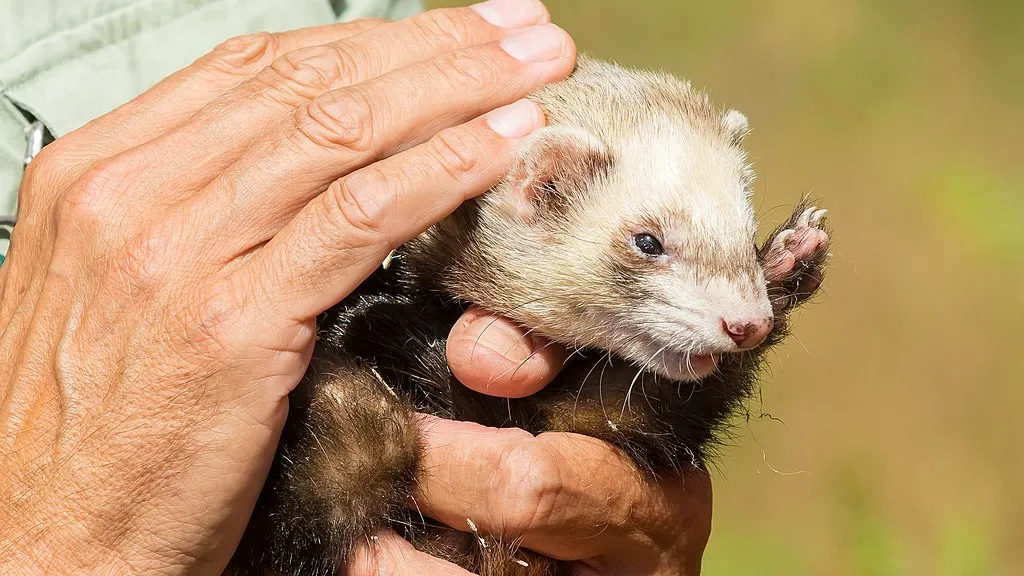Many people who suffer from allergies often wonder and ask various questions like “Are ferrets hypoallergenic?”. We value every question we receive and today, we will discuss whether ferrets are hypoallergenic, the allergens they produce, and how to minimize allergic reactions for those who are sensitive to these animals.
What Does Hypoallergenic Mean?
Hypoallergenic refers to a reduced potential for causing an allergic reaction. For a pet to be considered hypoallergenic, it should produce fewer allergens compared to other animals. It is important to note that no pet is completely allergen-free, but some may be more suitable for allergy sufferers than others.
Are Ferrets Hypoallergenic?
The short answer is no, ferrets are not hypoallergenic. Like other animals, ferrets produce allergens that can cause allergic reactions in sensitive individuals. The primary allergen produced by ferrets is a protein (protein can become airborne and cause allergic reactions in sensitive individuals) found in their saliva, urine, and skin secretions. This allergen can be spread throughout the home as the ferret grooms itself and sheds its fur.
Allergy Symptoms and Reactions
People who are allergic to ferrets may experience a range of symptoms, including:
- Sneezing
- Runny or stuffy nose
- Itchy, watery, or red eyes
- Skin rash or hives
- Asthma symptoms, such as wheezing, chest tightness, or difficulty breathing
The severity of these symptoms can vary depending on the individual’s sensitivity and the level of allergen exposure.

Reducing Allergen Exposure
If you are an allergy sufferer but still wish to have a ferret as a pet, there are some steps you can take to minimize your exposure to allergens:
- Regular cleaning: Clean your ferret’s cage, bedding, and toys frequently to remove allergens. Vacuum your home regularly using a vacuum cleaner with a HEPA filter to capture allergens.
- Grooming: Brush your ferret outdoors to remove loose fur and reduce allergens in your home. You can also use pet wipes to clean your ferret’s fur and remove allergens from their skin.
- Bathing: Bathe your ferret occasionally using a mild pet shampoo. However, avoid excessive bathing, as it can dry out their skin and lead to increased shedding.
- Air filtration: Use an air purifier with a HEPA filter in your home to reduce airborne allergens.
- Limit contact: Designate a “ferret-free” zone in your home, such as your bedroom, to reduce allergen exposure while you sleep. Wash your hands after handling your ferret or cleaning their cage.
- Allergy medications: Consult your doctor or allergist about medications that can help manage your allergy symptoms.
Conclusion
Ferrets are not hypoallergenic pets, as they produce allergens that can cause allergic reactions in sensitive individuals. However, by taking steps to reduce allergen exposure and manage allergy symptoms, it may be possible for some allergy sufferers to enjoy the companionship of a ferret. It is essential to spend time around ferrets before committing to pet ownership to determine your tolerance for their allergens.
